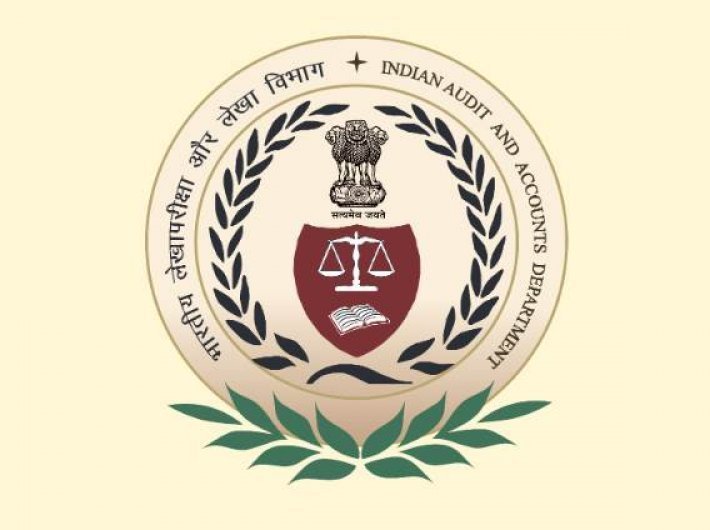Audit noticed that many of projects, where the promoter had poor experience, were not completed within schedule
Rural Electrification Corporation Limited (REC) and Power Finance Corporation Limited (PFC) did not conduct appropriate due diligence during credit appraisal in power generation projects and in the process assumed higher risks on the loan accounts, noted the Comptroller and Auditor General (CAG) in a report.
Participation of private sector in power generation grew significantly with the enactment of the Electricity Act, 2003. REC and PFC also participated in these projects as lenders. Over 2013-14 to 2015-16, REC and PFC disbursed loans amounting to Rs 47,706.88 crore to Independent Power Producers (IPPs), said report No.34 of 2017 - Compliance audit Union Government Loans to Independent Power Producers by Rural Electrification.
A significant proportion of loans extended to IPPs became stressed/turned Non-Performing Assets (NPAs). In this context, Audit reviewed the procedures adopted by REC and PFC for appraisal, sanction and disbursement of loans to IPPs during 2013-14 to 2015-16.
CAG
said that both REC and PFC deviated from their internal guidelines and also did not conform to the Reserve Bank of India guidelines in this regard.
“The experience and ability of the promoters to develop the projects was not assessed objectively. The experience of project promoters were assessed based on individual judgement and promoters who did not have relevant sector experience were found eligible for loans. Audit noticed that many of projects, where the promoter had poor experience, were not completed within schedule,” it said.
The financial capacity of the promoter to bring in equity for the project in the face of competing demands was not adequately assessed. In the sample selected by Audit, nine projects had to be restructured multiple times which increased the interest during construction by Rs 13,312.78 crore in six loan cases and resulted in NPAs of Rs 3,038.44 crore in three loan cases, said the report.
CAG said that the guidelines of REC and PFC do not envisage a situation where the contractors engaged by the promoter for implementation of a project are related parties of the promoters. Audit noticed that in seven loan cases, the contractor and the promoter were same/ related entities. In these cases, the loan sanctioned by REC and PFC to the promoter for execution of the project remained with the promoter group and the actual stake of the promoter in implementing the project was difficult to assess. It was also noticed that the credit worthiness of the contractors and their ability to fulfil contractual obligations was not being appraised by REC and PFC.
As per the Common Loan Agreement (CLA), loan funds were to be disbursed after fulfilling the pre-disbursement conditions mentioned in the loan agreements. These conditions were incorporated in the loan agreements in order to mitigate the risks perceived at the time of detailed appraisal of the borrowers regarding their ability to bring in required equity funds and for recovery of loan within the prescribed time. Audit, however, observed that the pre-disbursements conditions were relaxed by REC and PFC from time to time in five loan cases. After the first disbursement, subsequent disbursements were often made to save the funds already disbursed, further relaxing the conditions and extending the timelines.
The report went on to say that as per RBI guidelines (July 2013), financing agencies should not depend entirely on certificates issued by Chartered Accountants but strengthen their internal controls and credit risk management system to enhance the quality of their loan portfolio. However, no policy in REC and PFC was in place to ensure end utilization of funds by the borrower and both the Companies were solely dependent on Auditors Certificate regarding end use of the funds. Audit noticed siphoning/diversion of Rs 2,457.60 crore by the borrowers/promoters in the sample reviewed.
